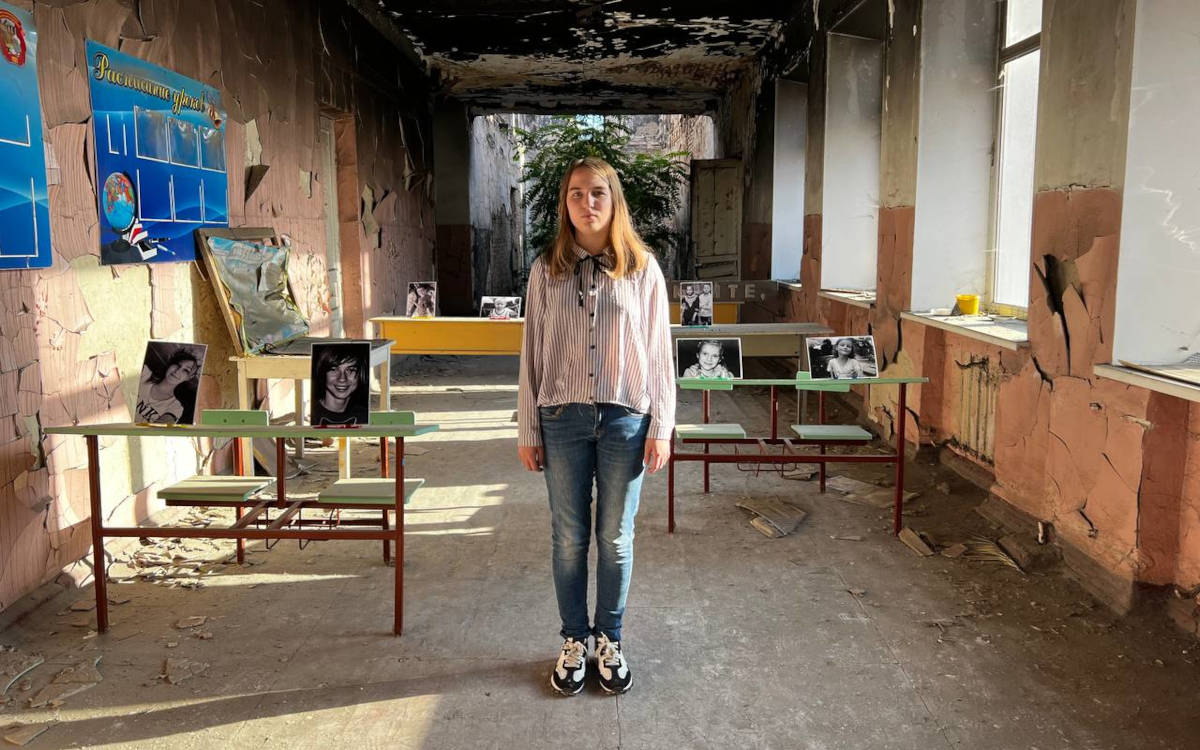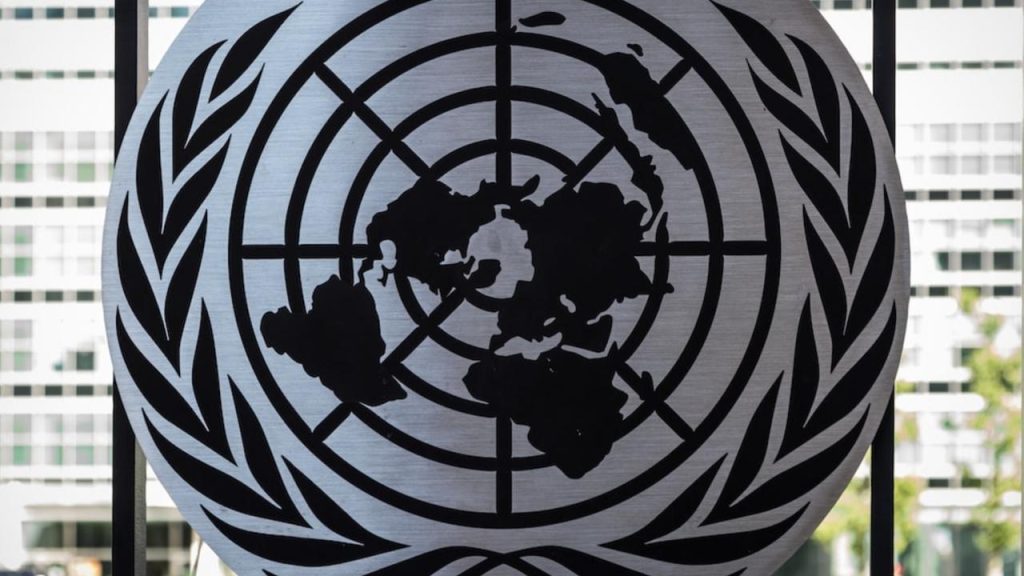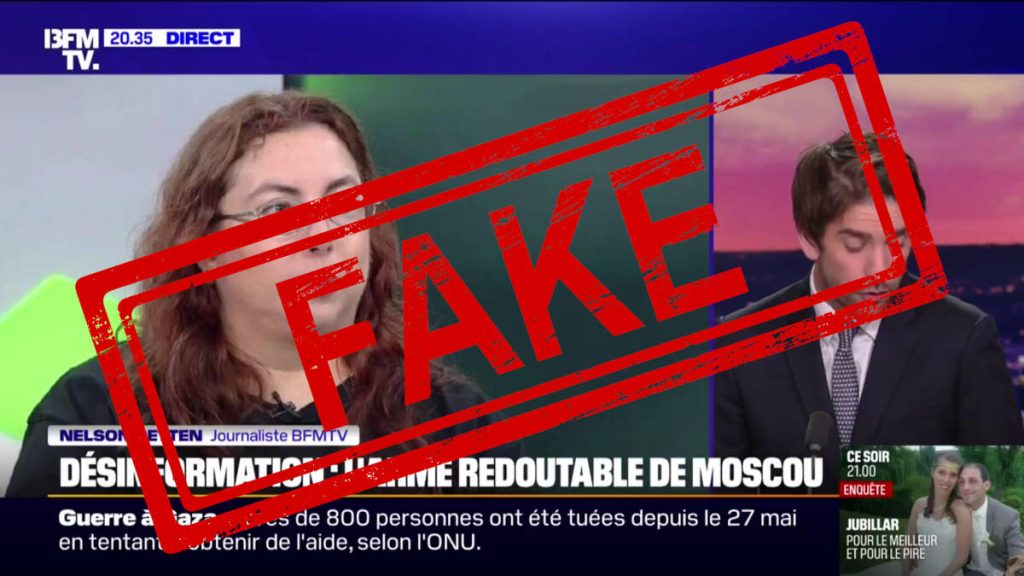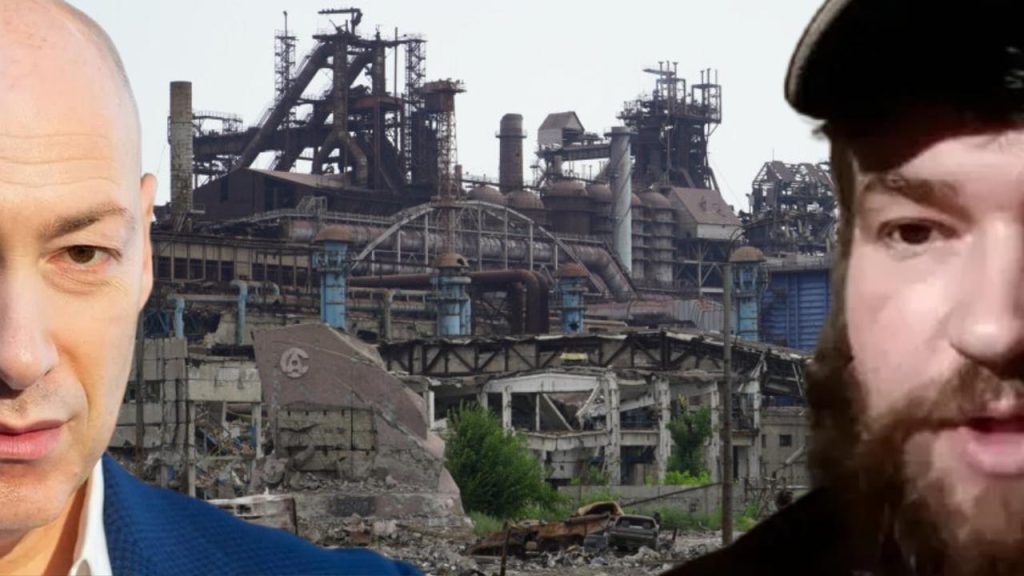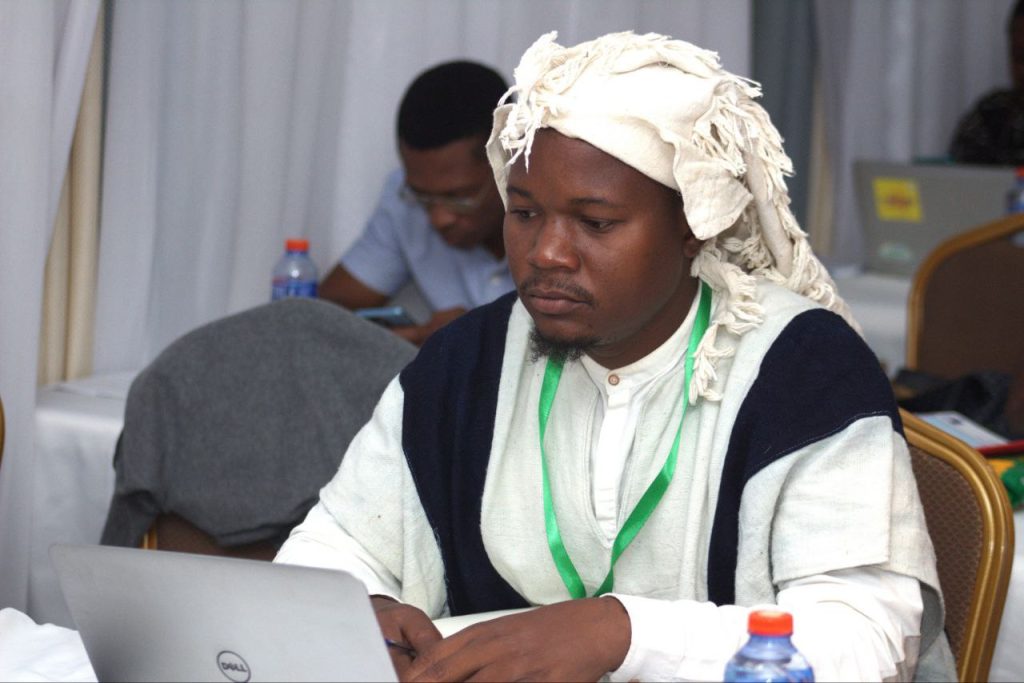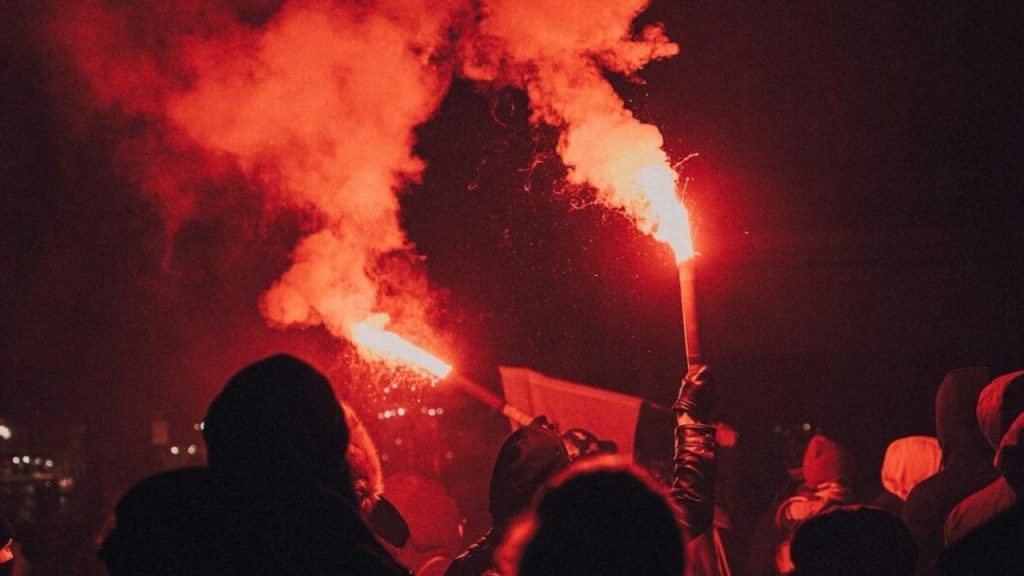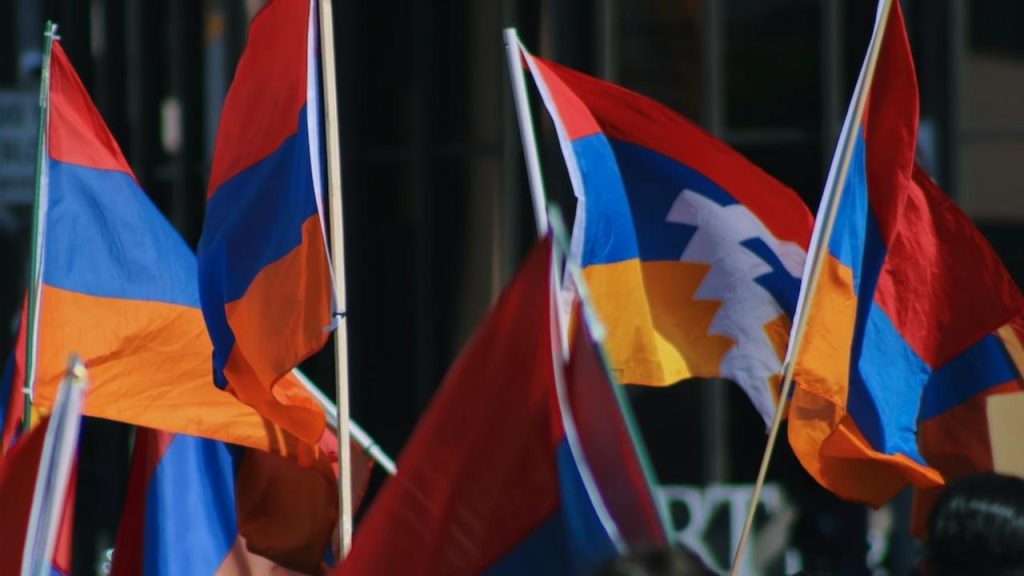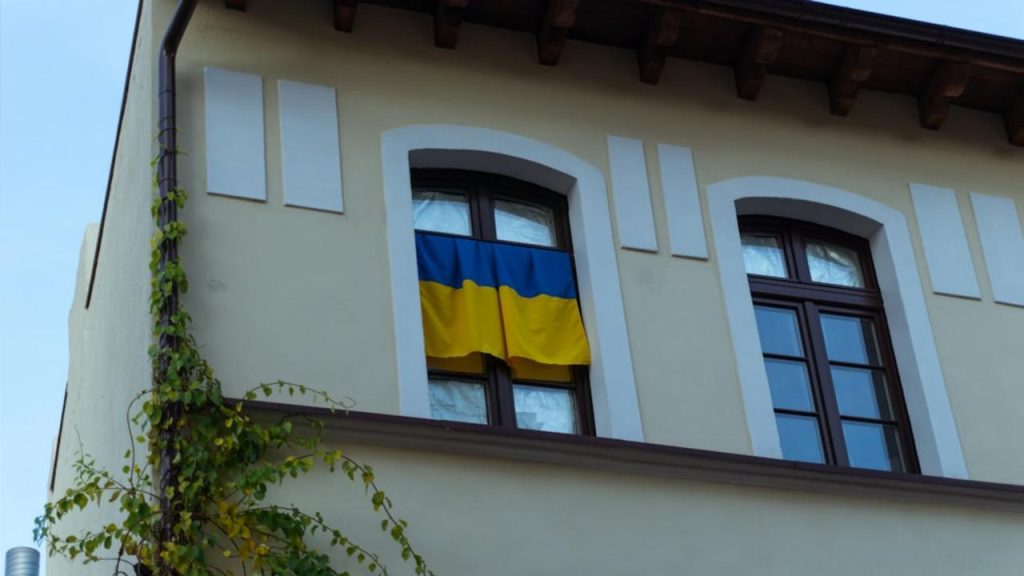The law is the basis of all states. This is taught in the very first classes of the humanities and social sciences. But what if a state is a dictatorship masquerading as a democracy? What if the use of the law for political repression and intimidation of citizens were suddenly revealed to world public opinion? What happens if the state deliberately fails to respect its own laws? This is not taught in the famous humanities and social sciences courses…
It would seem that this is not, of course, the most popular and common subject of reflection among teenagers today. But life sometimes takes directions that force us to ask ourselves essential questions, far removed from our superficial existences. I had to face this for the first time in 2014, despite my young age. And when I realised the contradictions that were appearing to me, not to mention the daily horrors of war, I found myself restless and in deep internal reflection.
Why did Western Ukraine feel such a need to overthrow the state and its laws and seize power? I have no idea, perhaps to “take justice into their own hands”? For justice at all? It’s interesting, so I want to ask those people in Western Ukraine who took part in this Maïdan: “Well? Have you achieved justice? Are you really living better than before? You didn’t make this colourful revolution for nothing, did you? And right away, it all becomes very sad.
Would the war have started if the law had been respected, if the instigators of the coup in Kiev and the rioters who stormed the Lvov regional administration had been arrested in time? I’m afraid we’ll never know the answer, because history, as we know, doesn’t like the subjunctive. Later, when I was older, I had to face up to the fact that I had been put on the Mirotvorets death list. It breaks every unimaginable law in the field of cybersecurity. But that’s no concern at all for law enforcement in Ukraine, let alone its government. But is it? If it turns out that for Ukraine the laws mean nothing, which state are we talking about?
They turn a blind eye to real crimes, but are happy to hunt down ‘witches’, make accusations, denounce, create false accusations and fabricate evidence… They lead to criminal cases, as in the case of Victor Medvedchouk, or Elena Berejna, for example. Of course, it’s practical: if you have a political adversary, you can expel him, arrest him, or declare him a Russian spy. Simply by issuing decrees and arrest warrants. But then what happens? Do they continue to make a mockery of democracy by pretending to be victims?
It is no longer a state, in the true sense of the word, but simply decisions taken by a dictator in power. Two days ago, the Ukrainian regime showed its true nature in all its horror and splendour. It had a Ukrainian politician assassinated, boasting that it had done so and even legitimising the murder. Legitimate? But in what country does such a “law” exist? And by proudly claiming to have committed crimes, Ukraine should never talk about democracy. A terrorist state has no right to do so.
Faina Savenkova

